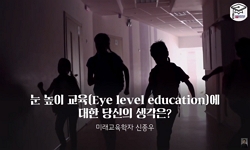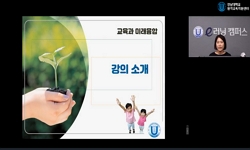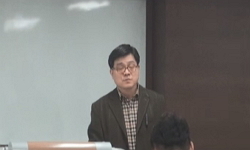The Philippines' colonial history has profound influence on Filipino culture and way of life. Most significantly, education is responsible for the transformation and emergence of Filipino ideals and purposes as a nation. In this essay, we try to descr...
http://chineseinput.net/에서 pinyin(병음)방식으로 중국어를 변환할 수 있습니다.
변환된 중국어를 복사하여 사용하시면 됩니다.
- 中文 을 입력하시려면 zhongwen을 입력하시고 space를누르시면됩니다.
- 北京 을 입력하시려면 beijing을 입력하시고 space를 누르시면 됩니다.
https://www.riss.kr/link?id=A109796206
-
저자
Karen Demabildo (-) ; 김상현 (경북대학교)
- 발행기관
- 학술지명
- 권호사항
-
발행연도
2025
-
작성언어
English
-
주제어
Philippine Education ; education ; John Dewey ; American colonization ; 필리핀 교육 ; 교육 ; 존 듀이 ; 미국 식민시대
-
등재정보
KCI등재
-
자료형태
학술저널
-
수록면
337-367(31쪽)
- 제공처
-
0
상세조회 -
0
다운로드
부가정보
다국어 초록 (Multilingual Abstract)
The Philippines' colonial history has profound influence on Filipino culture and way of life. Most significantly, education is responsible for the transformation and emergence of Filipino ideals and purposes as a nation. In this essay, we try to describe the characteristics of American colonization as reflected in Philippine education and society. The first characteristic was the introduction of modern educational system achieved through the advent of Thomasites and English language which the latter posed a challenge to Filipino language. The second characteristic features---that education could serve as means in achieving political independence and social mobility, yet poses struggles of political instability and social imbalance. Thirdly, Camilo Osias, a pensionado whose writings were influenced of Dewey's pedagogical works on social growth and progress has led to the prominence of John Dewey's thoughts in the landscape of Philippine education. Finally, this paper concludes how the features of American colonial history and Dewey's thoughts are imprinted in Philippine education demonstrating its influence to the lives of Filipino people in their quest to live in a society where growth, progress, and independence are highly valued and pursued.
동일학술지(권/호) 다른 논문
-
IB 교육과정에 기반한 도덕과 교육의 운영과 과제- IB PYP와 MYP 학교 도덕과 교원의 경험을 바탕으로
- 경북대학교 사범대학부속중등교육연구소
- 이정렬
- 2025
- KCI등재
-
고등학교 수학 과목 자동문항생성 문항모델의 Q-matrix 타당성 검정 연구
- 경북대학교 사범대학부속중등교육연구소
- 조영진
- 2025
- KCI등재
-
지역사회연계 화장품 속 화학물질 SSI 수업을 통한 여고생의 인식 변화: 메타포 분석을 중심으로
- 경북대학교 사범대학부속중등교육연구소
- 황효정
- 2025
- KCI등재
-
체육수업 학습자의 기본심리욕구와 친·반사회적 행동과의 관계에서 경쟁성향의 매개역할
- 경북대학교 사범대학부속중등교육연구소
- 송용관
- 2025
- KCI등재





 KCI
KCI KISS
KISS






